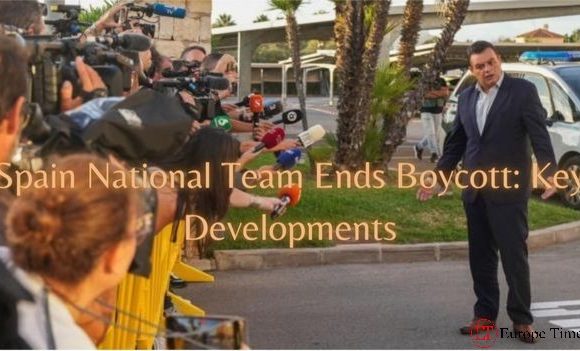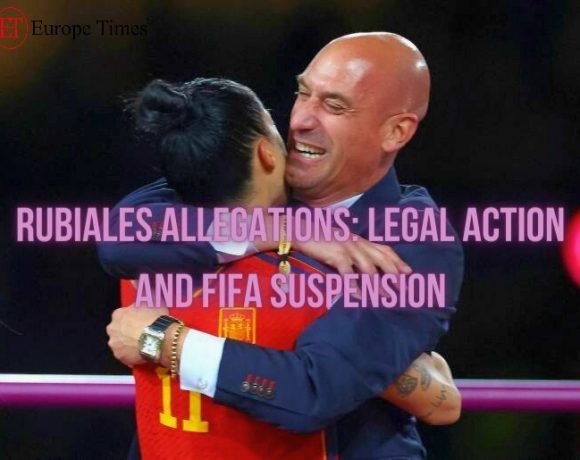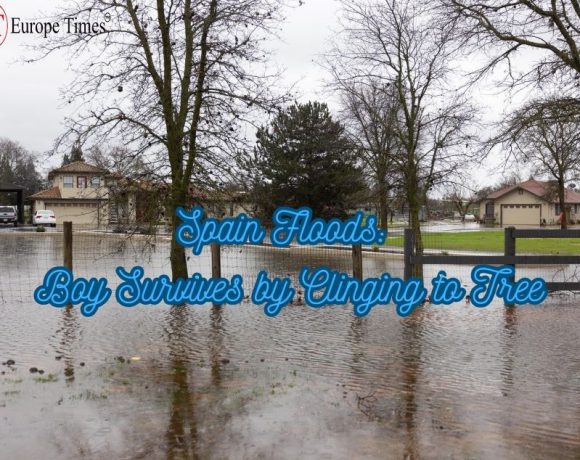
Spain’s Aitana Bonmati, 25, clinched her first Women’s Ballon d’Or after a stellar year with Barcelona and the Spanish national team. Her contributions led Barcelona to triumph in both the Spanish top flight and the Champions League, while she played a significant role in Spain’s World Cup victory. Additionally, she was honored as UEFA’s Player of the Year in August.
Among the nominees were several English players, with goalkeeper Mary Earps placing fifth, Rachel Daly at 10th, and Millie Bright and Georgia Stanway also in the running. Second place went to Chelsea and Australia’s Sam Kerr, while Barcelona and Spain’s Salma Paralluelo secured third place, and Fridolina Rolfo of Barcelona and Sweden finished fourth.
In her acceptance speech, Bonmati expressed her pride in winning the award, acknowledging the collective effort of her teammates and staff. She also commended her fellow nominees, emphasizing the responsibility of athletes as role models both on and off the field, advocating for a more inclusive and peaceful world.
Bonmati’s World Cup success with Spain was marred by controversy surrounding Spanish Football Federation president Luis Rubiales, who was criticized for allegedly kissing Jenni Hermoso without her consent after the final. During the tournament in Australia and New Zealand, Bonmati netted three goals, helping Spain secure victory against England in the final.
With four league titles and two Champions League titles under her belt, Bonmati continues to solidify her reputation as a key player for Barcelona. This year marked the fifth edition of the Women’s Ballon d’Or, with Bonmati’s teammate Alexia Putellas having won the prestigious award in the previous two years.
Picture Courtesy: Google/images are subject to copyright









